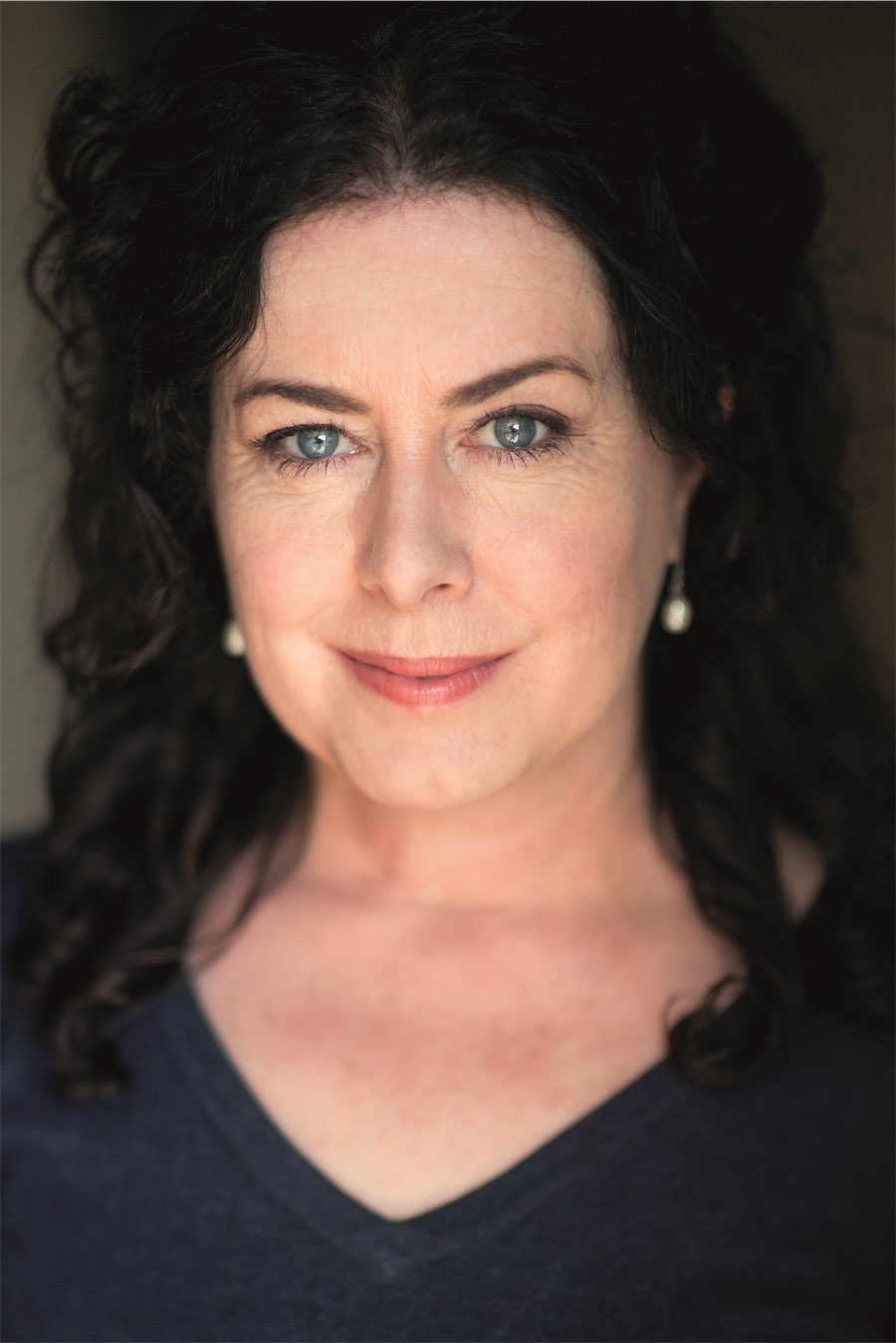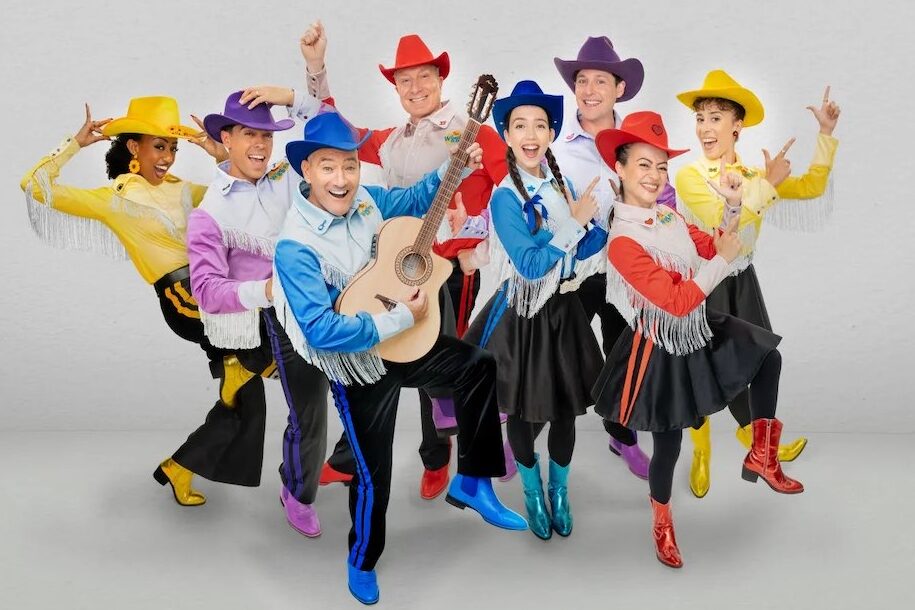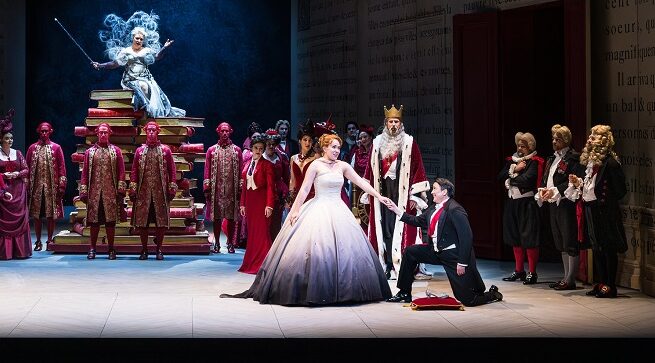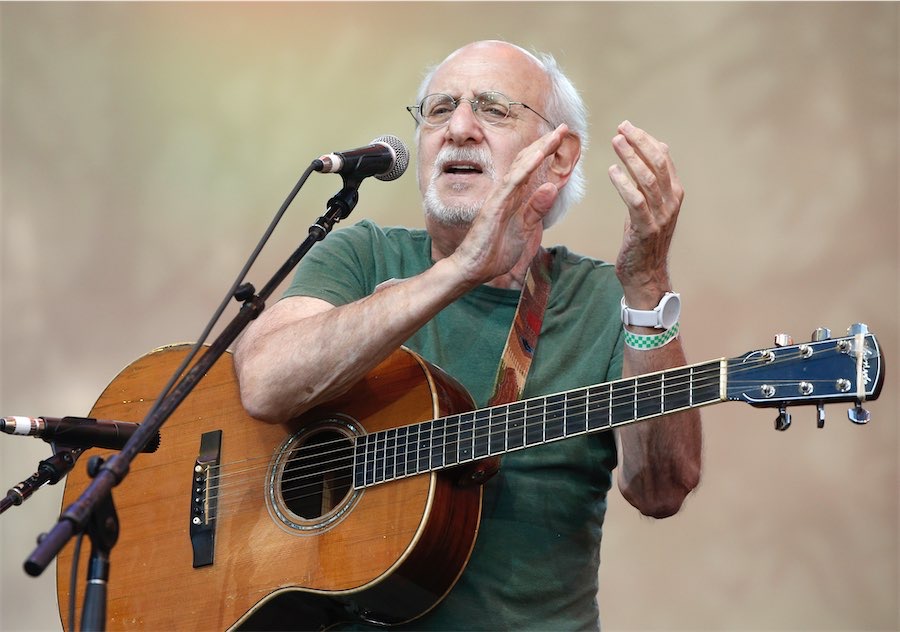
CANBERRA-raised playwright, Mary Rachel Brown has a knack for memorable play names and her latest, “Rosieville”, coming up at the Courtyard Studio in a production by Luke Rogers, is no exception.

MWith titles such as “Dead Cat Bounce”, “National Security and the Art of Taxidermy” and, my favourite, “A Streetcar Named Datsun 120Y”, Brown has been at the forefront in exploring urban cultures and subcultures, tackling everything from OCD to the religion of greyhound racing. She has now turned to pigeon-keeping.
One of our most awarded and most productive stage writers, her work has been performed as far afield as Berlin and once she even collaborated with Canberra’s other famous playwright, Tommy Murphy, on a trilogy called “Kings X Stories” at Sydney’s Stables Theatre.
I’ve known Brown since she was an undergraduate student at Charles Sturt University in Wagga Wagga, but by then she was already a veteran of Canberra Youth Theatre, and in a serendipitous choice, CYT director Rogers has commissioned her new play, “Rosieville”, with a view to mixing adult and youth actors on stage.
She looks back on her time at Youth Theatre with rose-tinted spectacles, particularly singling out her then-tutor Joe Woodward as “the coolest director”.
“The thing I appreciated was that there was a lot of development and you can’t get a bigger gift than that as a writer.”
Now as a 53-year-old woman, she’s become aware that she uses a different language from young people, so to hear it read by youthful actors and to be able to change some of the words is also a gift.
In the play, 11-year-old Rose’s father has left and she’s keeping everyone at arm’s length.
Enter a loquacious homing pigeon, “a bossy rat with wings”, possibly her subconscious, who has the expertise to teach Rose how to find her way home.
It’s all a bit of a homecoming to Brown too, who was here a couple of years ago, when “Rosieville” was given a dramaturgical working over at the Ralph Wilson Theatre before covid held it up.
“Since that last outing, it’s gone on a massive diet and it’s quite a short play – under an hour,” she says.
“I’d call it a sprinter – it’s got very short scenes, maybe about 15 scenes.
“The biggest lesson I’ve learnt doing workshops with children is economy.”
The Rosieville of the title isn’t a “real” place, more an idealised location in the mind of the central character, who lives in the wilds of Flynn in Belconnen.
That’s where Brown grew up in a fairly idyllic childhood. Mind you, when at age five the family first moved to Flynn from Sydney’s north shore, she burst into tears, but once let run wild in the cul-de-sac, she had a great time, and now, living in a “shoebox in Potts Point”, Flynn sounds very pleasant.
“This play is essentially an intimate relationship story set inside a cul-de-sac in Belconnen,” she says.
“It’s all about people who develop when they want something when they’re waiting for something to happen.”
We agree that John Lennon said something about that and so did Samuel Beckett in “Waiting for Godot”.
“I won’t give too much away,” she says, but there is a man in the street who has homing pigeons, he’s waiting for one of them to come back so the whole street gets immersed in that… Everyone is waiting for something; it’s what people do.”
Apart from people, she says: “I’m a big animal lover and am intrigued by the way people project on to their animals.”
She’s been researching homing pigeons and watched English documentaries about people who keep them, very different from her earlier research into greyhound racing for her best-known play, “The Dapto Chaser”.
“But my main character is a human, a little girl up against her first encounter of heartbreak, not romantic heartbreak, but a big life issue,” she says.
“She’s about to learn that if you’re hurt, your way back is often through people… life can be messy, but it is a story about hope.”
It’s also about Canberra, she notes. “Lake Burley Griffin is in it – “we go to a Birdman Rally.”
“Rosieville”, The Courtyard Studio, September 29-October 8.
Who can be trusted?
In a world of spin and confusion, there’s never been a more important time to support independent journalism in Canberra.
If you trust our work online and want to enforce the power of independent voices, I invite you to make a small contribution.
Every dollar of support is invested back into our journalism to help keep citynews.com.au strong and free.
Thank you,
Ian Meikle, editor




Leave a Reply